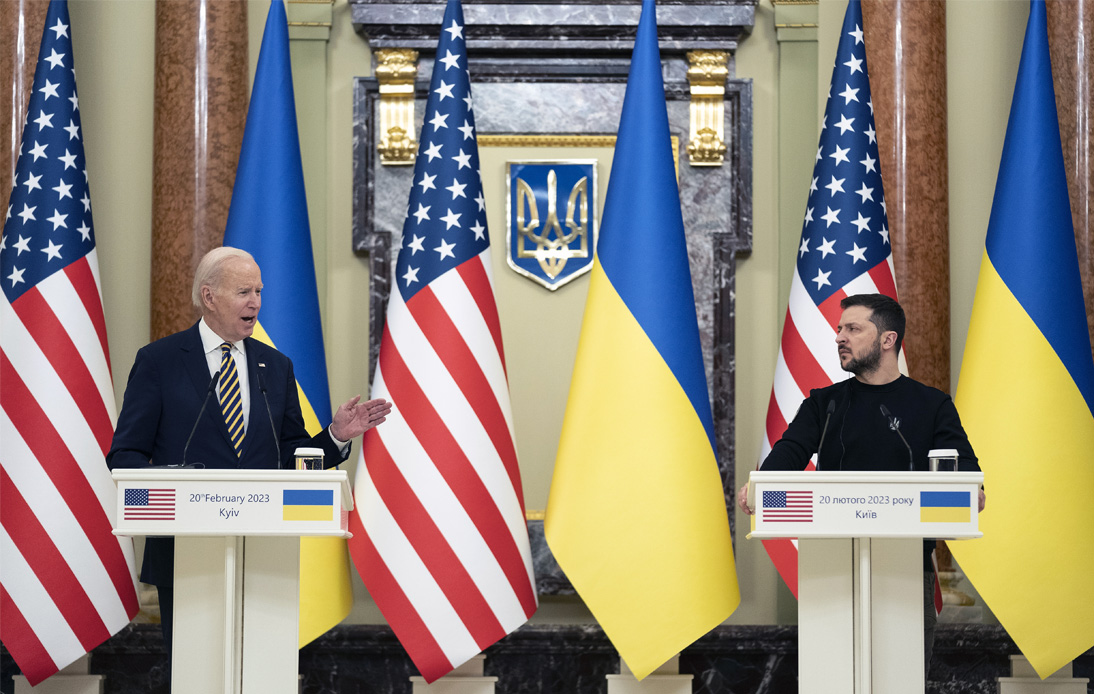
The U.S. House of Representatives has finally approved a substantial $61 billion in new military aid for Ukraine as the country continues to resist Russia’s invasion.
The passage of the $61 billion aid package was significantly delayed due to vocal opposition in Congress, ultimately requiring a delicate bipartisan agreement to secure approval.
Attention now turns to the timing of the lethal aid’s arrival, with reports indicating it could start arriving within the next few days.
President Joe Biden highlighted the decision as a testament to U.S. leadership on the global stage.
Ukrainian President Volodymyr Zelensky expressed his gratitude, stating that “Democracy and freedom will always have global significance and will never fail as long as America helps to protect it.”
He further noted that the assistance would prevent the conflict from widening and would save numerous lives.
In contrast, Kremlin spokesman Dmitry Peskov claimed that the aid would financially benefit the U.S., worsen Ukraine’s situation, and lead to more Ukrainian casualties.
Russian President Vladimir Putin initiated a comprehensive invasion of Ukraine in February 2022, resulting in tens of thousands of casualties and displacing millions.
The foreign aid legislation also includes:
– $26.4 billion for Israel’s military and $9.1 billion for humanitarian efforts in Gaza.
– $8.1 billion to support allies in the Asia-Pacific region, such as Taiwan, to counter China.
With Western weapons crucial to its defense, Ukraine urgently needs the aid as it battles ongoing Russian military advancements.
Ukrainian forces are so depleted of supplies that they must ration artillery shells along a front line extending over 1,200 kilometers.
Both President Zelensky and CIA Director William Burns have stated that without American support, Ukraine’s situation is dire.
This grim assessment follows six months of Russia capturing more territory, with other Western nations struggling to compensate for the shortfall in support.
American support is once again proving crucial for Ukraine.
While not a definitive solution, the aid provides Ukraine more time to continue fighting and keeps peace negotiations on hold.
The aid package’s approval was initially stalled by Republicans focusing on domestic issues such as border security.
Republican House Speaker Mike Johnson pushed for the legislation’s passage, risking his leadership position.
Although it passed comfortably, the vote reflects deepening partisan divides, with more Republicans opposing than supporting.
This could pose challenges for Speaker Johnson, with some Republicans threatening to seek his removal.
The new aid is crucial for sustaining Ukraine in the ongoing conflict, but future support from the U.S. might dwindle if Republicans gain more influence or the presidency.




















